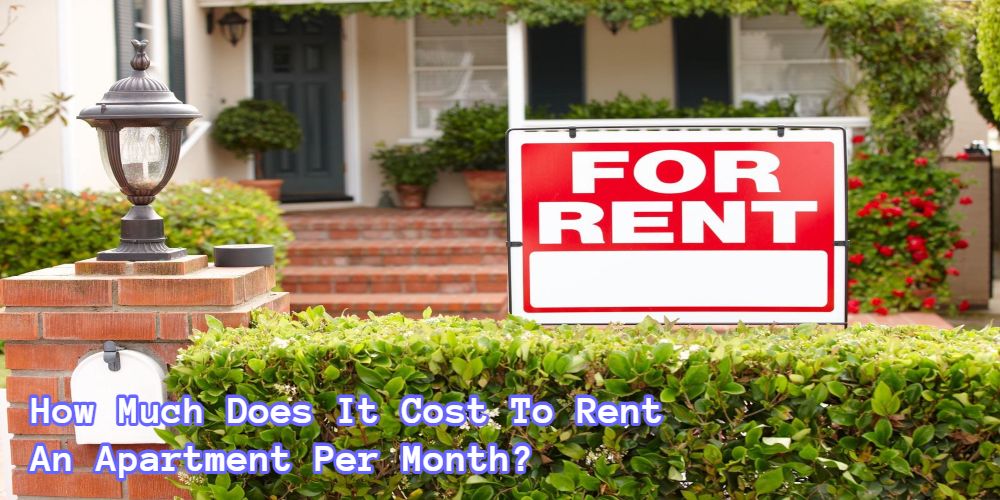Last Updated on November 9, 2021 by Kelvin Nielsen
For a good deal of time, you have been searching for your dream apartment. Checking online and offline listings. Moving from neighborhood to neighborhood. But whichever method you’ve used, it has probably not been easy for you.
And now that you have finally found it, you want to give the rental application your best shot.
While many first-time renters find rental application a cumbersome process, it doesn’t have to be for you. Knowing the documents required and preparing them beforehand will ensure the process is smooth and effortless. The following are the documents you need to rent an apartment for the first time.
1. Pay Stubs
It goes without saying that the landlord’s rental property is a business. And the success or failure of the business depends on your ability to pay rent. So, to ensure that you’ll stay on top of rent, a landlord will want to see your pay stubs.
Pay stubs contain a lot of information but what a landlord is majorly interested in is your monthly income. As per most landlords, your income should be at least three times the rental amount. Why? Because you have other expenses and bills to pay. Besides rent, another significant expense of living in an apartment is the cost of utilities.
Now, a landlord will require you to hand in at least three of your latest pay stubs. To avoid discrepancies, make sure the information you provide on the application matches what’s in the stubs.
2. Bank statements
Sometimes you might not have pay stubs to show. This could particularly be the case if you’re unemployed or run a business. Since you must prove your financial ability, you’ll have to present at least three of your most recent bank statements.
Your bank statement gives a highlight of your financial activity for a set period of time. This could include money received, deposited, transacted, or withdrawn. When a landlord sees these amounts, they can outrightly tell whether you’re a viable tenant or not.
3. Offer letter
If you just landed a new job, chances are; you don’t have any pay stubs. In such an instance, the offer letter can come in handy. An offer letter highlights many things, including your expected salary, and could convince the landlord that you’ll meet your rent obligations.
That said, it’s still a good idea to bring bank statements to prove your past financial stability. This way, the landlord will rest assured that you’re reliable.
4. Credit Report
Your credit report reveals details of your financial activity for the past seven to ten years. Among many things, it highlights your existing loans, late payments, loan limit, and any collection activities. While unpunctuality on a few credit card payments isn’t a cause for worry, a collection activity by an agency is.
How your credit report will reach the landlord will depend on them. While most will look for it when screening you, others will want you to present it. If your landlord goes by the latter, then you can get your credit report from any of the three main agencies (Equifax, Experian, and TransUnion). You can pull your credit report for free once every twelve months.
5. Identification Documents
Before any landlord rents to you, they’ll want to verify your identity. Some of the documents you can present to this end include your state ID, passport, or driver’s license. In the case you are a non-citizen, you can hand in your 1040-NR or nonresident alien income tax return.
6. Social Security Number
Admittedly, giving out this 9-digit number can make you feel insecure. However, all a landlord wants with your SSN is to run a background check.
Still, if you can’t give your SSN out, you can offer to provide the required information. This could mean looking for the credit report, criminal record, and renting history yourself. As much of a hassle as it is, if it makes you feel secure then it’s all worth it.
7. List of References
Your previous landlords, current employer, colleagues, among others make the list of references. If you are a good person, these people can vouch for you and increase your chances of getting the apartment.
In addition, you can bring along landlord recommendations. In the apartments you have previously rented, you may have 2 or 3 landlords with who you were on great terms with. Ask them to write you a recommendation and present it to the potential landlord. Even though they must check your renting history, a recommendation can be a big headstart.
8. Vehicle Registration and Proof of Insurance
If you are planning to bring a car, you must provide this information. Other things the landlord might want to know regarding this include:
- The number of cars you’ll bring.
- The type of each car.
- Whether they’ll be in the property all through.
9. Your Guarantor’s Paperwork
If you have poor credit, an eviction record, or simply don’t meet the landlord’s requirements, you might need a guarantor. Should you miss a rental payment, the guarantor will chip in. Since they’re taking a big financial responsibility, the landlord will want to see their:
- Pay stubs.
- 2 or 3 most recent bank statements.
- Tax returns (for the recent two (years).
- Credit report (their score must be at least 700)
10. Extra Paperwork
While the above are the crucial rental application documents, a landlord can ask for additional paperwork. That could be the case if the rental market is so competitive. To be on the safe side, carry additional documents such as:
- A copy of your social security card.
- Canceled rent checks.
- Past tax returns.
While rental application can be overwhelming for a first-timer, it doesn’t have to be with all the paperwork ready. Luckily for you, now you know the documents to prepare before making your application. Happy apartment hunting!

Hi, I’m Kelvin Nielsen, an experienced landlord and accomplished real estate lawyer. My focus is on answering your questions about renting in the hopes of making your life as a renter or a landlord a bit easier.







